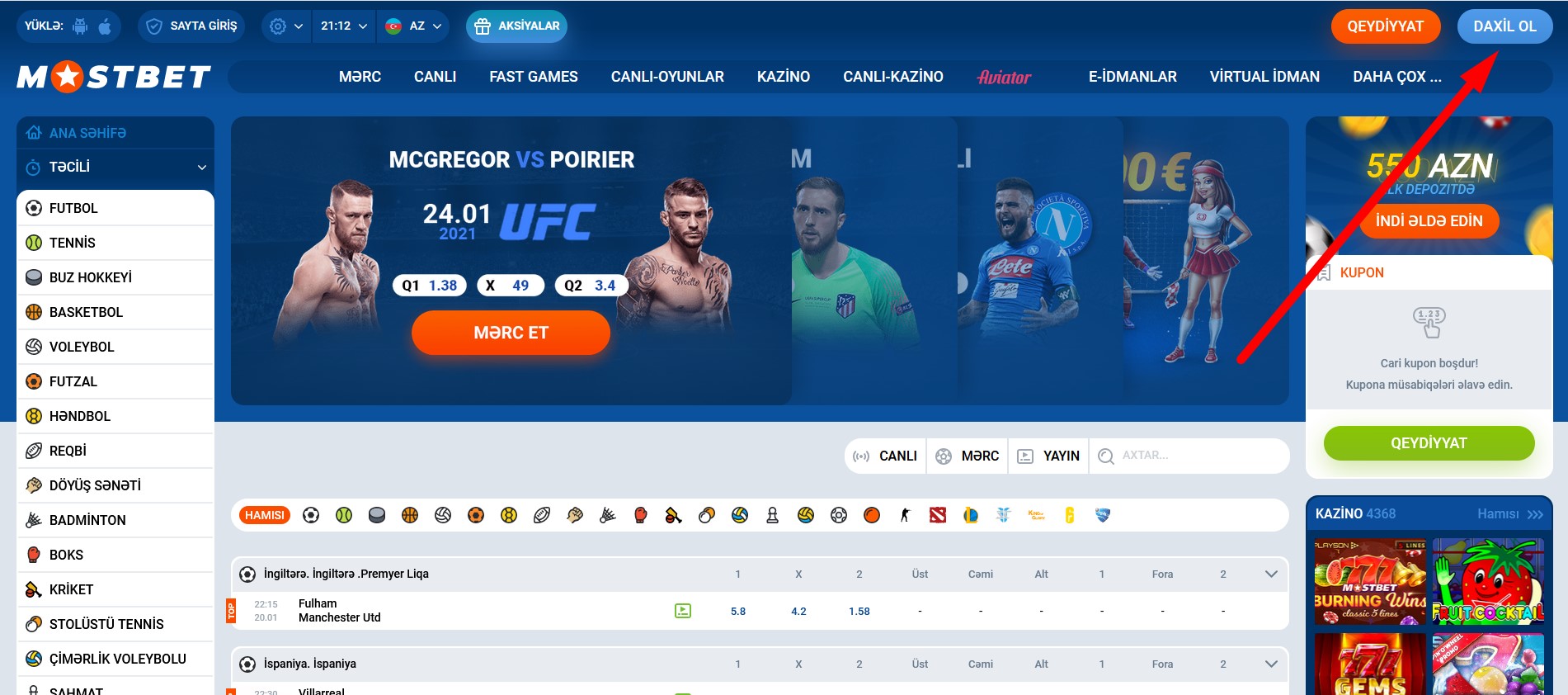Today we will try to deal with intuition in sports betting. Many players have high hopes for their "feel" (as it is also called intuition). Sometimes they even put it purely intuitively, neglecting even a minimal analysis of the event. How justified is this?
What is intuition in sports betting
In the context of betting, intuition is the ability to foresee, guess the correct outcome of a sporting event. Usually, it works like a kind of insight, at the first glance at the line, when the player has not yet had time to conduct even a minimal analysis of the match mostbetazerbaycansayt.com. Probably something similar happened to any player.

Of course, predicting the outcome of the Juventus-Shinnik match is quite simple, even people who are very far from football can do it. We are talking about approximately equally likely outcomes, with odds around two, or at least from 1.60.
There are two types of intuition here
False intuition;
Professional fluff.
false intuition
This is what various fortune-tellers, psychics, shamans and other people with “superpowers” “possess”. That is, in fact, it does not exist at all. This is the usual random guessing of random results. Sometimes it inevitably hits the target, sometimes the probability of the chosen outcome is simply decently higher. But often guessing does not work and everything develops according to the opposite scenario. Then you have to make excuses and find ridiculous explanations why this time it didn’t work out.

If people with some kind of paranormal abilities exist, then their number is so small that it would not be enough for one season of the staged show “The Battle of Psychics”. Although this show alone has more than two dozen seasons, not to mention similar projects both in Russia and in other countries. And the Houdini and Randi awards still exist, and for decades they have not found their happy owner.
Testing your "gift of foresight" is pretty easy. You just need to conduct a simple experiment with guessing random outcomes over a sufficiently long distance - from 1000 repetitions. It can be tossing a coin, pulling out colored pebbles, manipulating a random distribution in Excel, and so on. Assuming the outcomes are equally likely, you will get about 500 guessed and about the same number of unguessed results.
If the chances of guessing are not 1 to 1, but less, for example, 1 to 2, then at a distance of 1000 repetitions you will get a result of about 33% of the correct results. If 2 to 1, then there will be about 66% of guessed options, and so on. It's very simple, simple math.